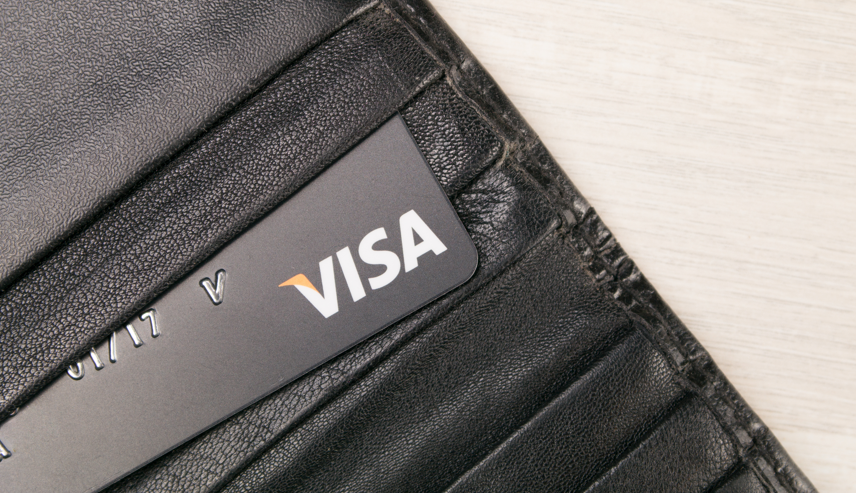The EU Commission, the Federal Government and the Financial Action Task Force on Money Laundering (FATF), a working group on combating money laundering, have all been focusing on terrorism financing. All parties see an increased risk of terrorist financing through prepaid cards. Panagiotis Karasavvoglou, German country head for SIX Payment Services, explains why prepaid cards are not at risk of abuse by terrorists, due to industry-wide effective measures to prevent money laundering and abuse
According to a recent newspaper report, the German federal government is considering the introduction of a cap on cash payments in Germany. The Federal Ministry of Finance has suggested an amount of €5,000 per week, reported the "Frankfurter Allgemeine Zeitung".
In addition, the European Commission in early February 2016- especially because of the terrorist attacks in Paris – presented its action plan to combat terrorist financing. In a brief by the FATF there is a risk identified with prepaid cards, also noted in connection with the attacks in Paris in November 2015:
"Recent attacks have highlighted the misuse of prepaid cards to make payments associated with the attacks". More detailed examination by the working group is now needed to confirm that the current standards need to be adapted. The group announced that it will examine in particular prepaid cards in connection with the financing of terrorism.
Are restrictions useful for prepaid cards?
Through the media, the news spread quickly that the European Central Bank was to abolish the €500 note. Terrorism prevention was the reason given for this. This raises the question in Brussels of the financing of terrorism in connection with prepaid cards again – because prepaid cards can allow anonymous amounts of money to change hands. Is the EU Commission therefore right to consider restrictions on prepaid cards? What existing controls are there? The tension between the government and banks is noticeable. Most card issuers already monitor payments and have safety standards and see no need for further increases to already stringent requirements. A ban is certainly not under consideration, as the Commission recognises the "social value" of prepaid cards.
How well do you really know your competitors?
Access the most comprehensive Company Profiles on the market, powered by GlobalData. Save hours of research. Gain competitive edge.

Thank you!
Your download email will arrive shortly
Not ready to buy yet? Download a free sample
We are confident about the unique quality of our Company Profiles. However, we want you to make the most beneficial decision for your business, so we offer a free sample that you can download by submitting the below form
By GlobalDataAccording to the Commission, the challenge is to increase safety, without limiting the advantages offered by prepaid cards in normal use. Enhanced identification and verification processes aim to install more effective techniques to combat terrorist financing.
Full control over the flow of money
To view prepaid cards only as another form of cash is incorrect. The fact alone that prepaid card transactions are electronic payment processes, increases the safety of legitimate use through the traceability of money flow. In the case of an investigation, details such as who spent what, when and where, can be checked. These traceability aspects alone make money laundering and abuse via prepaid cards unattractive, increasing the barrier against abuse.
Non-rechargeable prepaid cards, such as the commercially available Bons, do not have the same identification requirements. Here, the cardholder does not need to identify themselves. These disposable prepaid cards are however capped at a maximum amount of €150 and are therefore unappealing for fraud or money laundering on a large scale. In practice, the amounts vary on rechargeable cards between €10 and €5,000 and on anonymous, one-time loadable cards between €10 and €150.
Strict control mechanisms create new challenges
In conclusion, for card issuers efficiency is becoming essential, and so is safety. They see themselves exposed over the increasingly comprehensive and frequent new challenges. It is necessary to review test methods in their systems, train employees, and also meet increasingly stringent compliance regulations. It is important to consider the additional time and costs that new controls might bring against a retailer wanting to spend more time building customer relationships. Card issuers should bring an experienced partner onside to keep relationships in their favour as much as possible.







